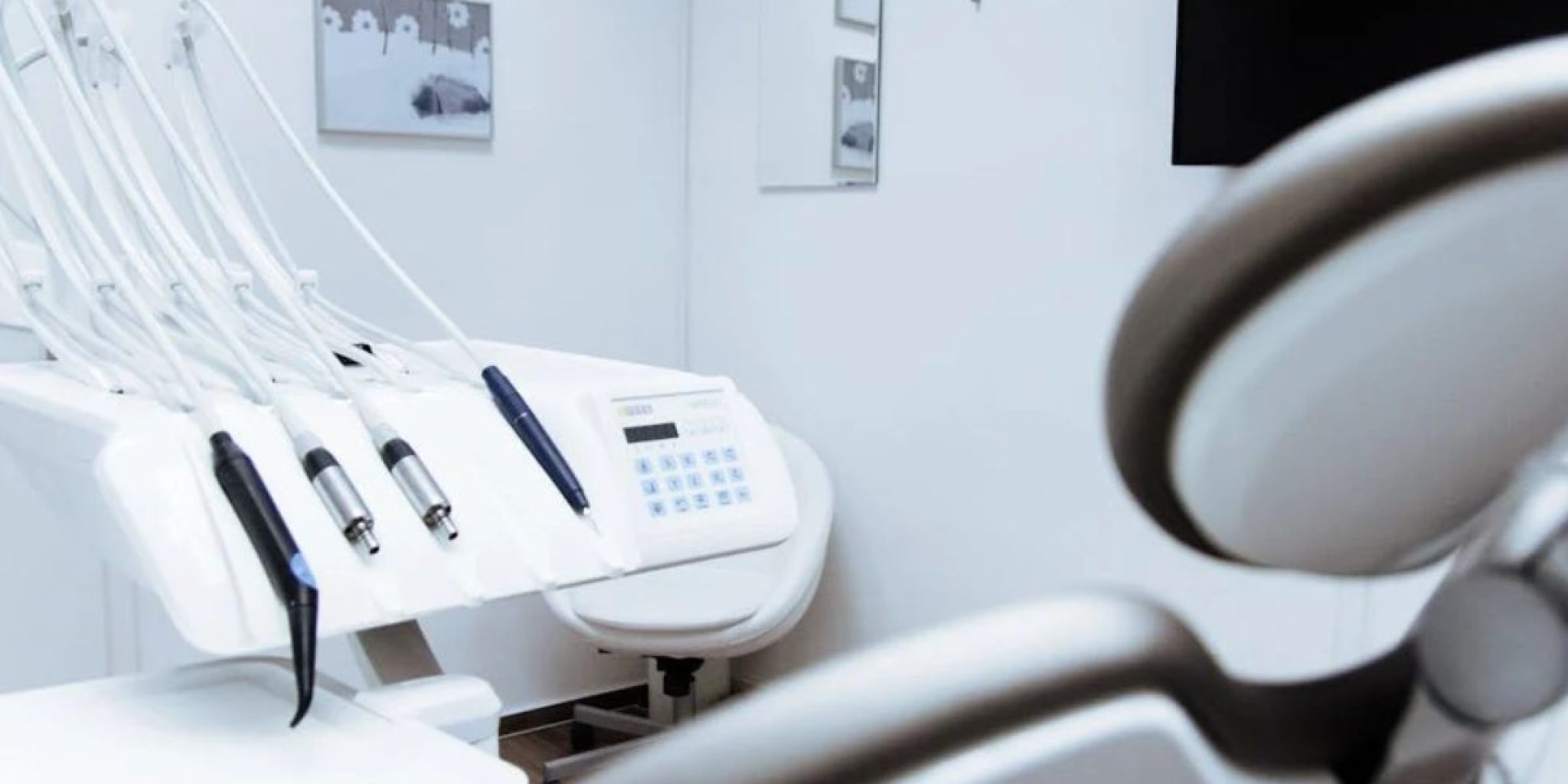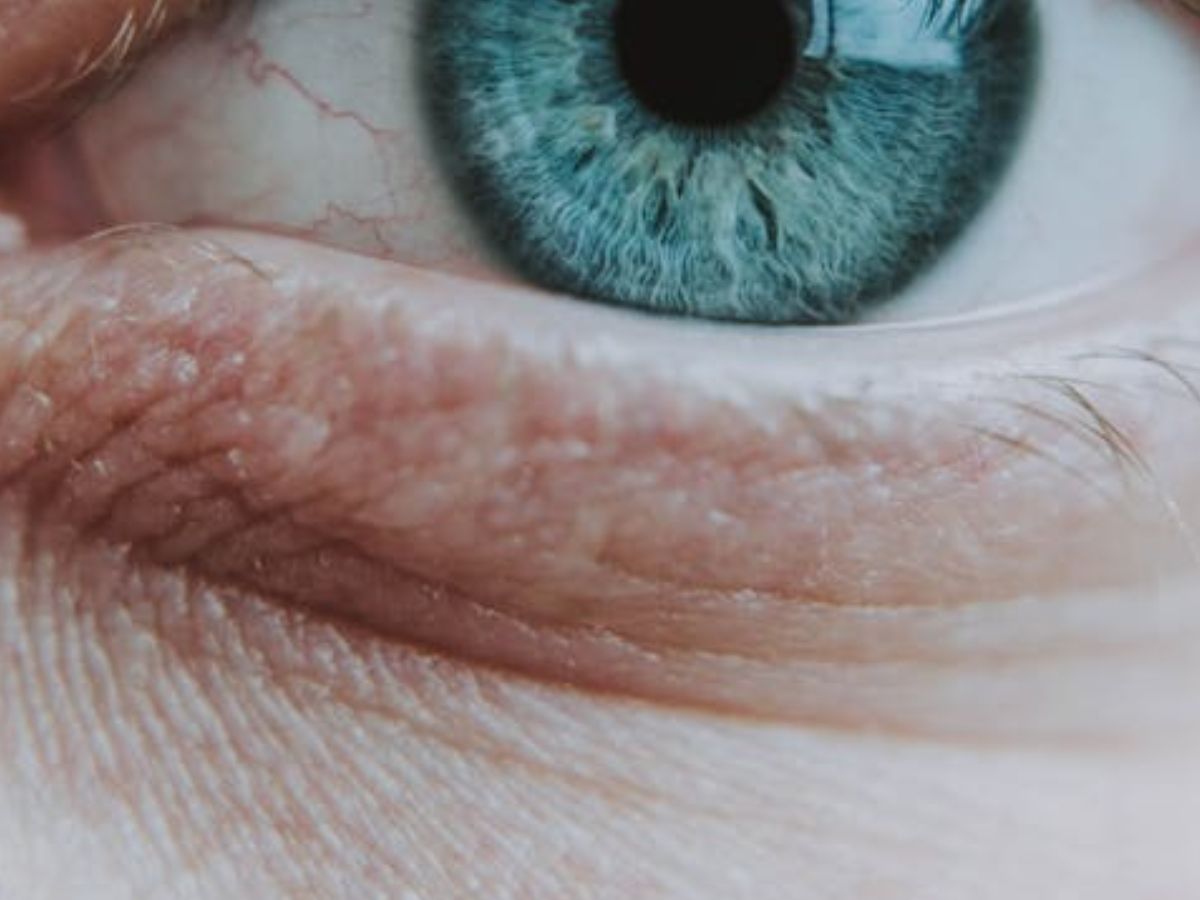Recently, there has been a growing concern for safe, natural alternatives to dental care products. Many people have become increasingly conscious of chemicals in various dairy products, especially mouthwash. However, because traditional chemical-based mouthwashes contain alcohol, chlorhexidine, and other antiseptics, these products are usually used as a control against microorganisms and for oral hygiene. However, these mouthwashes occasionally have adverse effects such as dryness, irritation, and disruption of good oral bacteria.
Dental peptides are natural substances that may provide a milder yet more efficient method of maintaining mouth health and repairing oral mucosa. This blog will discuss dental peptides, their advantages, how they function as a natural substitute for chemical mouthwashes, and why they could be the way of the future for oral hygiene.
Understanding Dental Peptides: What Are They?
Peptides, short chains of amino acids, are the building blocks that makeup proteins. They are naturally occurring agents for immunological response, tissue healing, and cellular signaling. A subset of those that work well in oral health research include dental peptides. They support health within gums and tissues, affect the microbiome, and inhibit harmful bacteria.
This type of peptide is described as an antimicrobial peptide, or AMP, and holds such promise in combating oral bacteria without destroying healthful flora in the mouth. Due to this delicate balance, oral dental peptides are one of the most exciting areas of advancement in oral health.
Why Chemical Mouthwashes Are Not Always the Best Option
Chemical mouthwashes have been used in dental treatment for years. These mouthwashes generally work by killing a broad spectrum of microorganisms, thus helping prevent gum disease, plaque buildup, and bad breath. Despite their benefits, however, certain mouthwashes sometimes cause problems:
-
Oral Microbiome Disruption:
Chemical mouthwashes alter the oral microbiota by failing to distinguish between good and dangerous microorganisms. Since natural defense mechanisms depend on a healthy microbiome, this may lead to immune problems.
-
Irritation and Dry Mouth:
Alcoholic mouthwashes usually tend to dry the mouth, hence making it susceptible to infections and bad breath. Other antiseptics besides chlorhexidine can also cause irritation to sensitive gum tissue.
-
Resistance:
Resistance by bacterial organisms from continued exposure to antiseptic chemicals decreases the strength of alcoholic mouthwashes.
Peptides, on the other hand, are a kinder yet more efficient alternative for oral care because they exclusively target dangerous bacteria.
How Dental Peptides Function as a Substitute
Because of their special qualities, dental peptides may be a useful substitute for chemical mouthwashes. This is how they operate:
-
Specific Antimicrobial Activity:
Because dental peptides are selective, they act specifically on the harmful bacteria that cause gum disease and tooth decay alongside plaque. Thus, they can help maintain the general health of the dentition by permitting the maintenance of a well-balanced microbiota rather than provoking mass destruction due to chemical agents. Additionally, they contribute to the repair of oral mucosa, supporting overall oral health and resilience.
-
Disruption of Biofilm:
A mix of dental peptides prevents the accumulation of a sticky bacterial layer called biofilm, which gathers on the teeth and gums. Biofilm is actually the main cause of plaque formation; it is infamous for being resistant to removal from any place. Dental peptides work by inhibiting the formation of biofilms so that germs find no purchase with them.
-
Better Recovery and Less Inflammation:
Certain peptides assist those who suffer from sore gums or are in the very early stages of gum disease in that they stimulate recovery and decrease inflammation in the mouth’s tissues. By promoting regrowth of gum tissue, this recovery helps to repair gingival recession and decreases the degree to which harsh chemical treatments must be used.
-
Extended Durability of Freshness:
Peptides aid in preserving natural moisture, which is necessary for saliva production, in contrast to mouthwashes that contain alcohol, which can cause dry mouth. In addition to the protective properties of saliva, enough moisture aids in acid neutralization and promotes a better oral environment.
Dental Peptides: Their Scientific Basis
The potential for dental peptides is based on molecular composition and bioactivity. Studies found that some peptides in a person’s saliva naturally prevent infections, such as statins and defensins. Without affecting the good flora, these peptides stop the growth of bacteria like Streptococcus mutans, which is a primary cause of tooth decay.
Furthermore, several dental peptides have demonstrated potential in promoting the creation of collagen, which is critical for the health of gums. Peptides aid in repairing gingival recession and inflamed or damaged gum tissues by stimulating collagen and tissue regeneration—an area that chemical mouthwashes cannot address.
Benefits of Peptide-Based Oral Care
Advantages of switching to peptide-based mouthwashes and toothpastes:
-
Soft oral tissue and gums:
Peptides are a perfect solution for sensitive gums as they prevent harsh antiseptics or alcohol, which can dry or irritate the gum.
-
Safe for Long-Term Use:
The oral microbiota can become unbalanced if chemical mouthwashes are used too often. Long-term balanced oral health is promoted sustainably gentler and more discerning by dental peptides since they are much safer than those.
-
Removes bad breath without drying the mouth:
Saliva is never reduced like in alcohol-based rinses, so dental peptides contribute to balancing those bacteria that cause bad breath.
-
Possibility of Holistic Oral Health Improvement:
Peptides provide a more comprehensive approach to oral health than merely eliminating bacteria, with advantages ranging from decreased inflammation to assisted tissue healing.
Will Dental Peptides Shape Oral Health in the Future?
This makes the future interesting, as various dental care products may identify those bioactive substances. Oral dental peptides will be a better option for those who want to maintain oral health without relying on chemicals from the growing desire for more natural and side-effect-free alternatives.
Paradigm shifts in dental hygiene are orchestrated by dental peptides, from purging away pathogens to recommending a healthy, balanced oral environment. As peptide-based solutions continue to gain further knowledge, it is foreseen that more and more products made from peptides will be available to consumers as another option for secure, efficient oral hygiene.
Conclusion
Dental peptides represent a potential natural option against conventionally used chemical mouthwashes. These molecules are softer and more effective due to their targeted antibacterial action, help maintain healthy gums, and have fewer side effects. Being ideal supplementation for any dental therapy, peptides are suitable for reducing gum inflammation, preventing cavities, and promoting balanced oral flora. The cutting edge in this innovation comes from AHB Lab in the delivery of peptide-based solutions that embrace these opportunities to assist you in having a healthier and fresher smile in the most natural way possible. Discover AHB Lab now!





